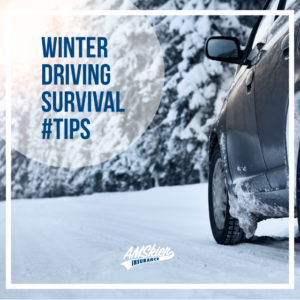 Cold temperatures and icy roads can create hazards for drivers. Are you and your vehicle prepared for these hazards? Do your best to make this winter driving season is a safe one.
Cold temperatures and icy roads can create hazards for drivers. Are you and your vehicle prepared for these hazards? Do your best to make this winter driving season is a safe one.
At AMSkier Insurance, we recommend taking precautions to help protect you and your car in the worst winter weather conditions.
Before You Hit the Road
The cold, snow and ice can make driving dangerous if your vehicle is not properly maintained. Here are some things you can do to get your car ready for winter:
- Make sure all scheduled maintenance is up-to-date. Have your mechanic check fluids and hoses to help reduce the risk of a mechanical breakdown.
- Ensure that your tires are in good condition, properly inflated and have ample tread. If you live in an area where heavy snow is common, consider having snow or winter tires installed.
- Make sure your heater and window defrosters are working properly.
- Check that your lights and windshield wipers are operating properly and that your washer fluid reservoir is full.
- Make sure your battery is in good condition. Even a newer battery can fail if it gets cold enough.
- Make sure your gas tank is full and your phone is charged. In bad weather, the major roads could be backed up for hours or closed.
Create a Winter Survival Kit for Your Car
If you drive in remote areas or are planning a long trip, keep a winter survival kit in your car. While some of these items may be appropriate all year long, these supplies can help you deal with winter weather. Your kit should include:
- Safety emergency blanket.
- Clothing essentials such as extra coats, sweatshirts or warm sweaters, and gloves.
- Security items such as a flashlight, candles, small knife and waterproof matches.
- Water and non-perishable snacks such as energy bars or trail mix.
- First-aid kit.
- Ice scraper.
- Sand and salt.
- Snow shovel to help dig your car out if you get stuck.
- Jumper cables (make sure you know how to use them.)
- Tow rope/strap.
- Brightly colored cloth to tie to the outside of your car if your car gets stuck and you need to call for help.
We know that winter can create challenging conditions for drivers. But we also know that adequate preparation can help keep you safe even under the worst weather conditions.
We encourage you to drive carefully in adverse weather conditions and to avoid driving in blizzard conditions unless you absolutely have to.
Was This Helpful? Get More Content Like This!
Join Our Broad & Bright Mailing List By Signing Up Below
AMSkier Clients already receive these articles and much more.

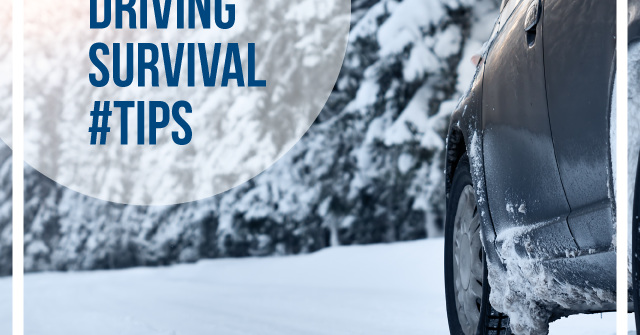
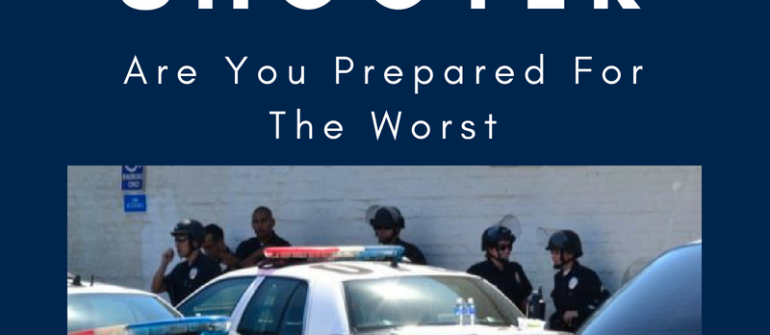
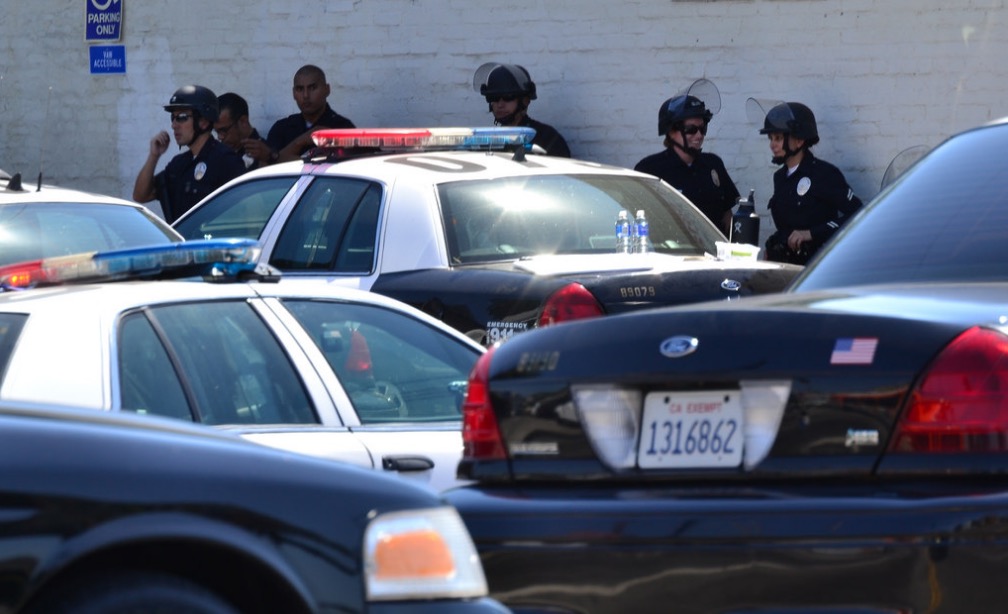 A gunman killed 49 people and wounded 53 at a crowded gay nightclub in Orlando, Fla., early Sunday morning in the deadliest mass shooting in American history. The shooter was a lone gunman. Just last year, 5 young men were arrested for driving recklessly through a Pennsylvania Jewish summer camp, firing paintballs and spewing anti-Semitic slurs. It’s not too hard to imagine how these angry men could have taken their hate to the next level. In Norway, on July 22, 2011, two political extremists and sequential lone gunmen killed 77 at a Workers Youth League-run summer camp.
A gunman killed 49 people and wounded 53 at a crowded gay nightclub in Orlando, Fla., early Sunday morning in the deadliest mass shooting in American history. The shooter was a lone gunman. Just last year, 5 young men were arrested for driving recklessly through a Pennsylvania Jewish summer camp, firing paintballs and spewing anti-Semitic slurs. It’s not too hard to imagine how these angry men could have taken their hate to the next level. In Norway, on July 22, 2011, two political extremists and sequential lone gunmen killed 77 at a Workers Youth League-run summer camp.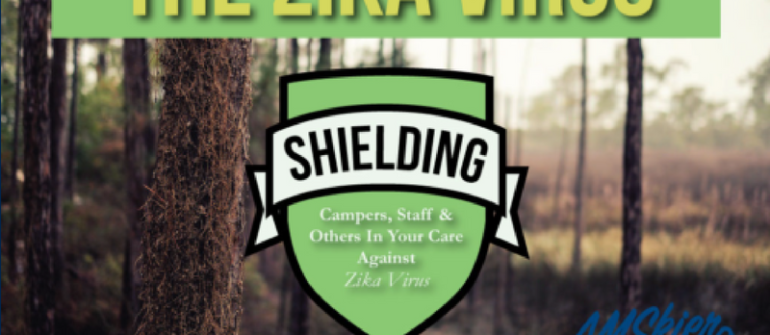
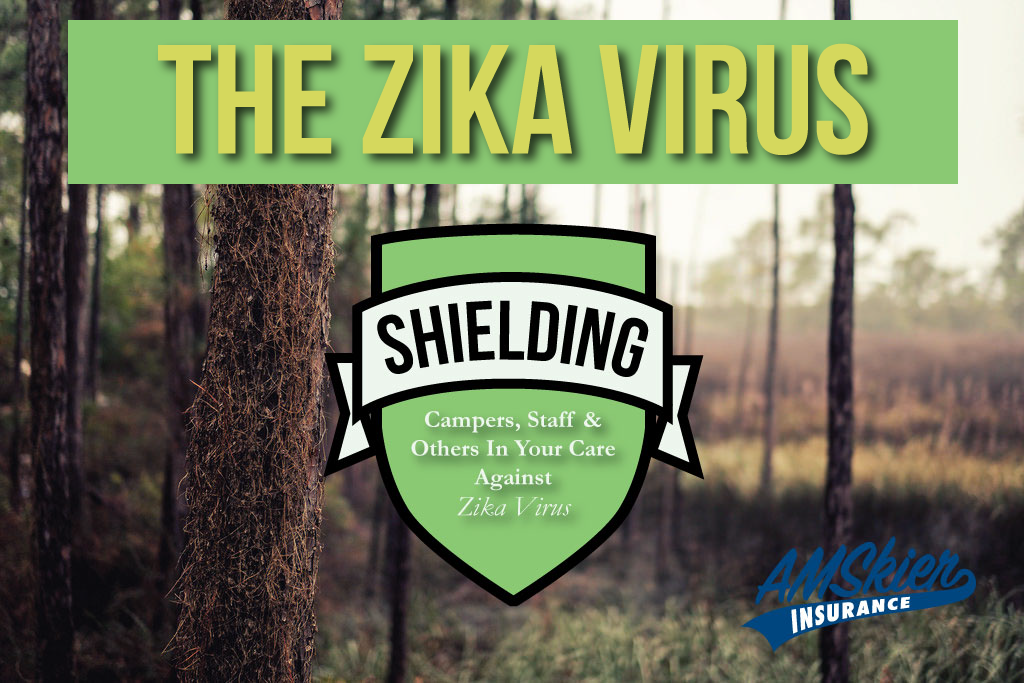 Concerns about the Zika virus have spiked this year as the World Health Organization declared Zika a global public health emergency and hundreds of cases were reported in the U.S. The Centers for Disease Control and Prevention (CDC) has issued travel guidance for pregnant women to postpone travel to Zika-affected countries.
Concerns about the Zika virus have spiked this year as the World Health Organization declared Zika a global public health emergency and hundreds of cases were reported in the U.S. The Centers for Disease Control and Prevention (CDC) has issued travel guidance for pregnant women to postpone travel to Zika-affected countries.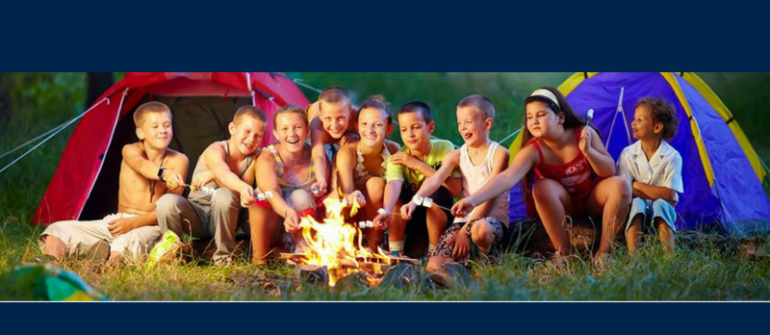


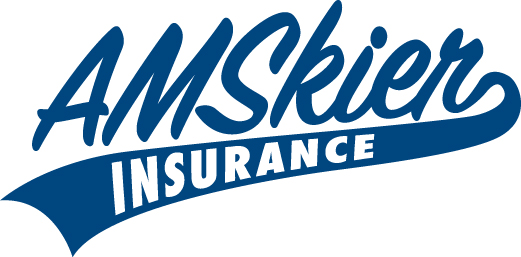

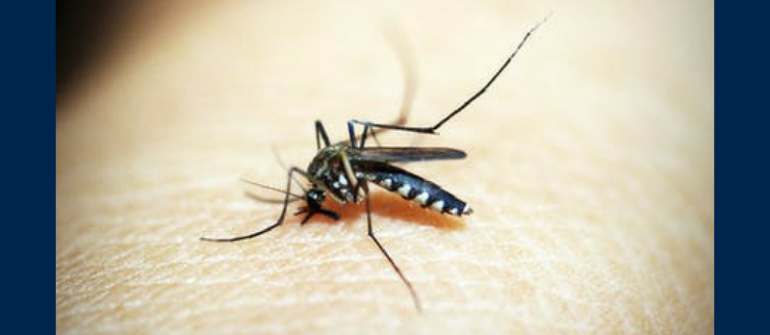
 Concerns about the Zika virus have spiked this year as the World Health Organization declared Zika a global public health emergency and hundreds of cases were reported in the U.S. The Centers for Disease Control and Prevention (CDC) has issued travel guidance for pregnant women to postpone travel to Zika-affected countries.
Concerns about the Zika virus have spiked this year as the World Health Organization declared Zika a global public health emergency and hundreds of cases were reported in the U.S. The Centers for Disease Control and Prevention (CDC) has issued travel guidance for pregnant women to postpone travel to Zika-affected countries.